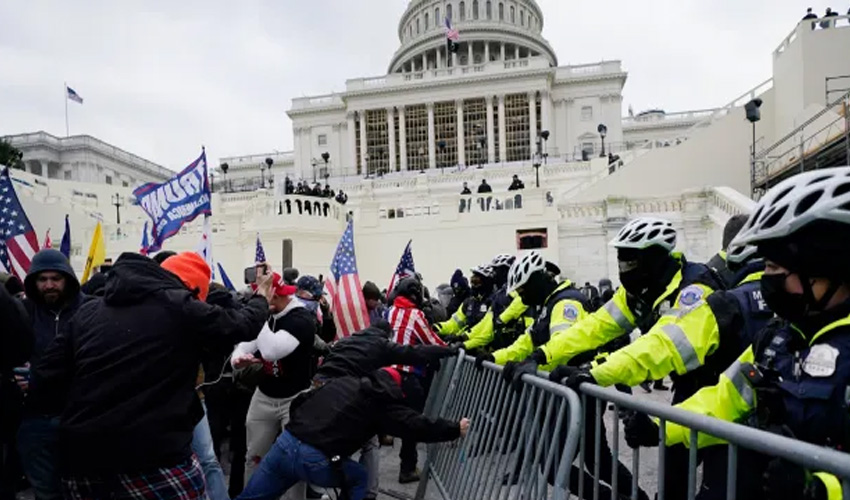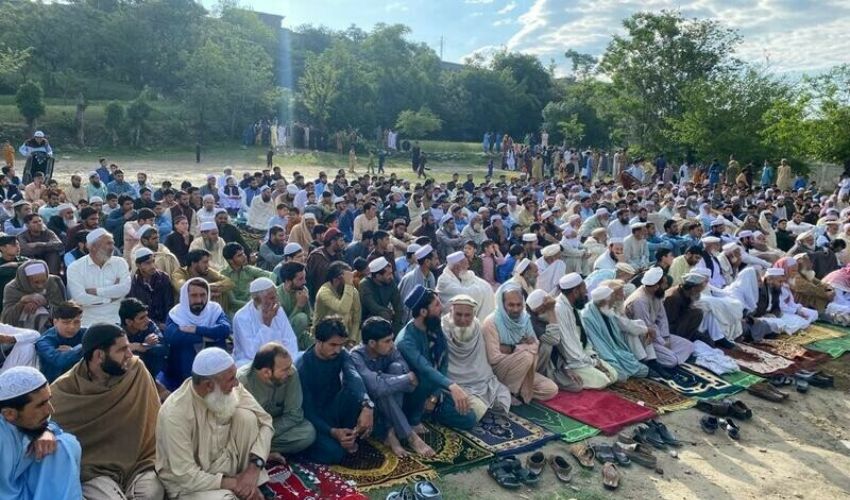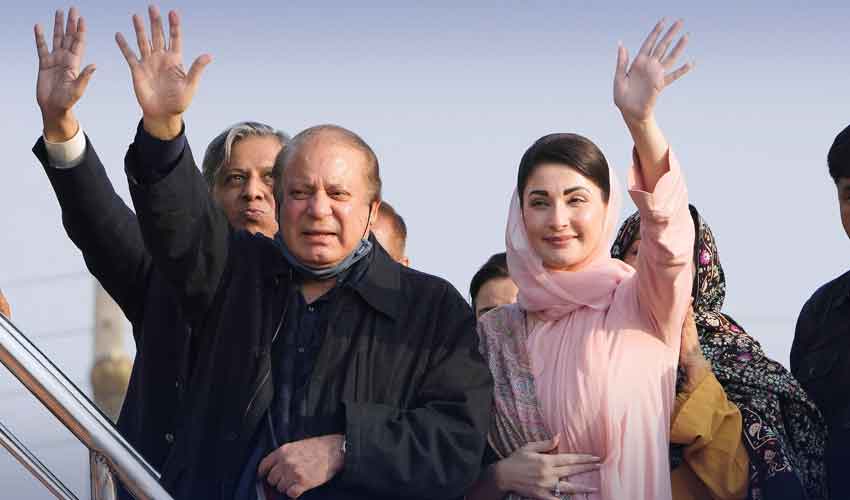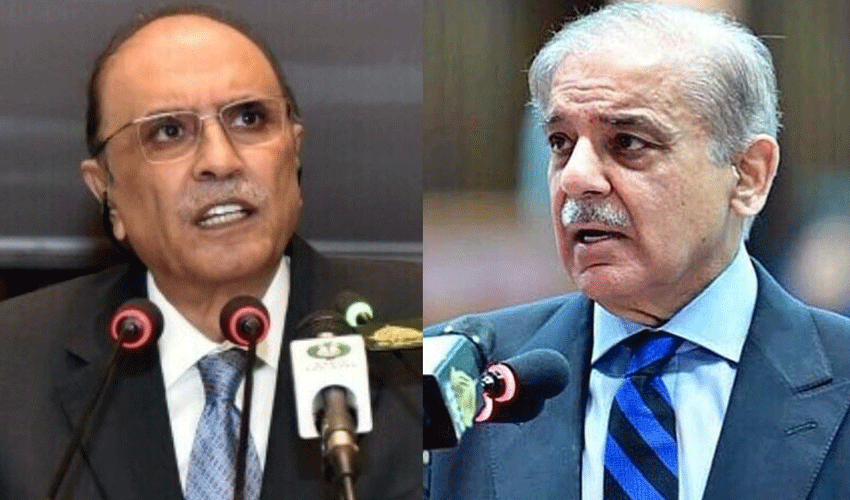Just as the United States is heading into its presidential election, a significant percentage of American voters express a very serious concern that the country may experience some form of post-election violence and threats against the democratic process.
A recent Associated Press-NORC Center for Public Affairs Research poll reports that, along with fears about election integrity in the 2024 election, many US citizens are worried about the outcome of what happens post-election: fear of civil unrest and efforts to thwart election results if they aren't in the favor of their preferred candidates.
Roughly 40% of voters report they are "very" or "extremely" concerned about potential violent attempts to undermine the election results, amplified by the remembrance of the attack at the Capitol on January 6, 2021. The day the storming of the Capitol left a lasting unease within the nation, in reminding everyone that a repeat occurrence could happen if the November election result is unacceptable to Trump or his associates.
However, these fears of violence are not in isolation; the election outcome is going to face legal challenges if it is close.
Donald Trump has been suggesting since months that the elections were going to have to be stolen if he loses. Still, his consistent rejection of the legitimacy of the 2020 results had paved the way to potential post-election lawsuits by his camp. This rhetoric, although inflamed and at times incendiary is likely to prove troublesome for those across party lines in that Trump certainly wields great influence over the Republican Party.
There is a fundamental difference between Democrats and Republicans in their trust in the electoral process and in the candidates themselves. While close to 90% of Americans believe that the loser should concede once the votes are counted and legal avenues exhausted, only one-third believe that Trump would concede if he lost. But voters believe Kamala Harris, the likely Democratic candidate, would concede if she lost—a view that underscores the partisan distrust fueling concerns of an election crisis.
While Trump's supporters believe he would strengthen U.S. democracy if re-elected, Democrats declare that his return to office threatens democratic norms.
Similarly, many Republicans see Harris as a danger to democratic stability due to policies on immigration and foreign aid as main priorities that have the potential to weaken nation's basics. Arizona Republican Debra Apodaca, for instance, denounces the Democratic regime for spending more money in foreign aid than taking care of Americans at home; she says, "Our tax dollars should be taking care of America first."
Impact of Jan 6 and past mistrust
Even while the majority of Democrats and independents blame Trump for inciting the riot, this is unlikely to occur from the standpoint of most Republicans. According to several voters, like Chicago's retired financial sector employee Susan Ohde, they could be victimized once more by the violence through incorrect information. For Ohde, "crazy people will buy the misinformation that they're given," a view resonating with many who view the election as a litmus test for American democracy. More importantly, beyond January 6, many voters remain uncomfortable about the legitimacy of the elections, with a sizeable portion of Republicans remaining confident that Biden did not deserve to win the 2020 presidential election. This fundamental lack of confidence rejects the Democrats and independents with the proposition, threatening over time, the peaceful transfer of power, the very signature feature of American democracy.
Amid the anxieties, another deeply divisive feature of the U.S. political system has come into sharp relief: the Electoral College.
A cornerstone of the electoral process from the nation's founding, many voters are increasingly questioning its relevance. About half of those polled believe that the likelihood of a candidate winning the Electoral College but losing the popular vote is a "major problem."
The issue has grown more acute as both Trump and Harris focus their campaigns on battleground states, regions that comprise only 18% of the nation's population yet hold the key to victory. Especially among Democrats, the system of the Electoral College remains contentious because they believe it represents a truer form of American democracy if it's based on popular votes. Debra Christensen is a health care worker in Wisconsin and a Democrat; she summed up her frustrations by saying, "Why can't we have one person, one vote?" There are many who feel this system is outdated in a digital age of transparency wherein every vote can be accounted for with greater accuracy than ever before.
This year's election promises to be a stiff test for the United States as voters and officials are asked questions about the democratic integrity of the nation. All sorts of concerns from violence and legal challenges, through to the legitimacy of the Electoral College, make for a sobering view of what is in store. For many, this November election represents something more than a fight between two candidates; it is a referendum on the future of American democracy itself.
The rest of the world closely watches this process in preparation for the vote because it cannot ignore that the stability of one of the world's oldest democracies hangs in the balance.


























